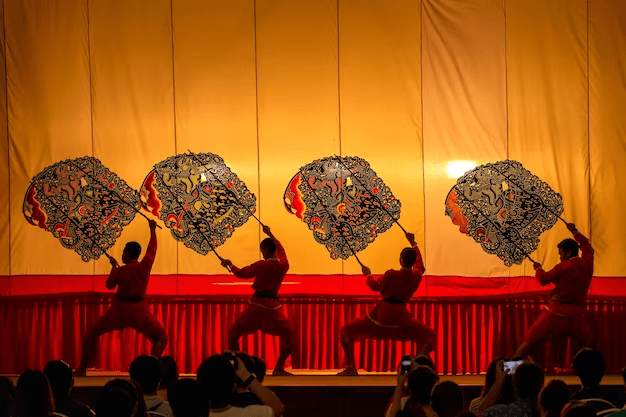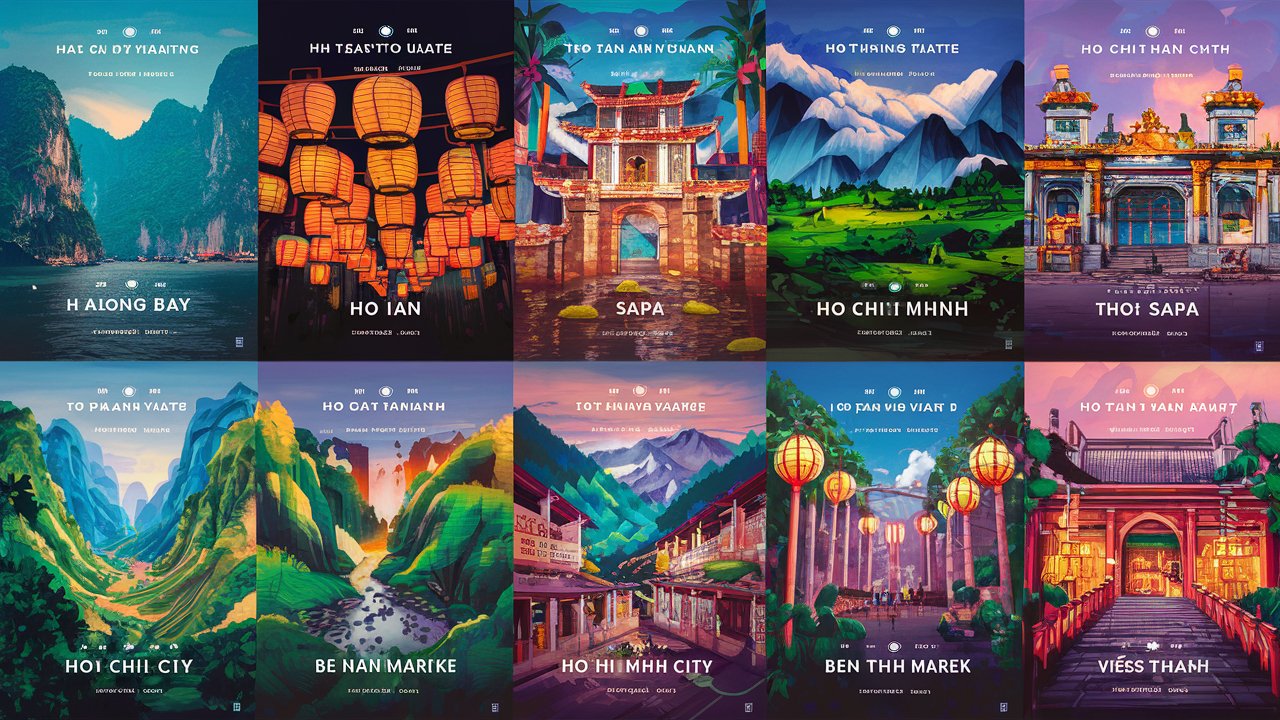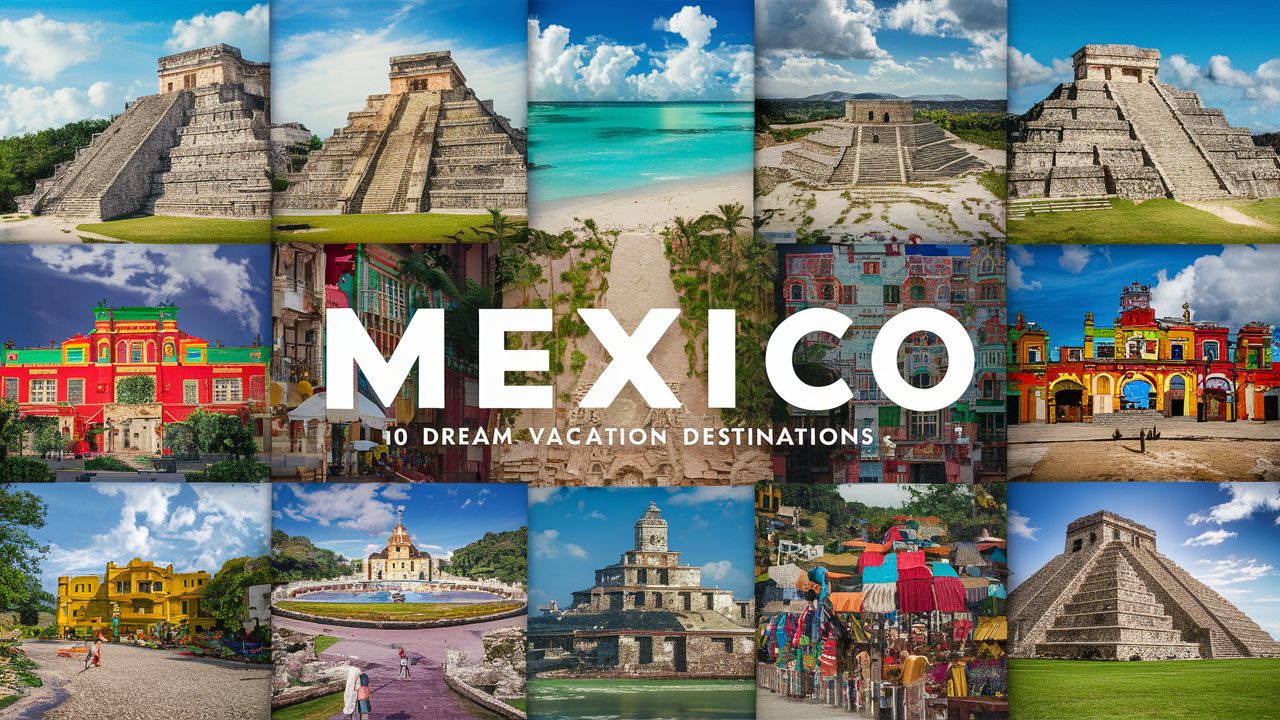Obon Festival San Jose: The city of San Jose comes alive with the vibrant and culturally rich celebration of the Obon Festival. Rooted in Japanese traditions, this festival has found a home in the heart of California, blending the old and the new in a harmonious dance of colors, music, and community spirit.
Table of Contents
Introduction

Brief Overview of the Obon Festival
The Obon Festival is a joyous occasion deeply rooted in Japanese Buddhist customs. Celebrated to honor ancestors’ spirits, this event has transcended its origins, becoming a cultural extravaganza celebrated worldwide.
Significance of the Festival in San Jose
San Jose, a melting pot of cultures, has embraced the Obon Festival, reflecting the city’s commitment to diversity and inclusivity. The event has become a cherished tradition, bringing communities together to celebrate life, heritage, and togetherness.
Historical Roots of Obon

Originating in Japan
Obon traces its origins to Japan, where it is a time-honored Buddhist custom. The event involves paying respects to ancestors through rituals, dance, and offerings.
Journey to San Jose
The Obon event made its way to San Jose with the Japanese diaspora, weaving its cultural tapestry into the vibrant fabric of the city.
Fusion with Local Traditions
Over the years, the event has beautifully melded with local customs, creating a unique San Jose flavor that sets it apart from its traditional roots.
Festive Preparations

Community Involvement
One of the unique aspects of the Obon event in San Jose is the active participation of the community. Volunteers come together to prepare for the event, fostering a sense of unity and shared purpose.
Decorations and Traditional Attire
Streets adorned with colorful lanterns and attendees donning traditional yukatas create a visually stunning atmosphere, immersing everyone in the festive spirit.
Dance and Music

raditional Bon Odori Dances
Central to the Obon event is the Bon Odori, a series of traditional dances performed in a circle. These dances not only showcase cultural heritage but also invite attendees to join in the celebration.
Musical Accompaniments
The rhythmic beats of taiko drums and the melodic tones of traditional instruments provide a lively soundtrack to the festival, creating an immersive experience for all.
Obon Festival San Jose Delights: Culinary Delights

Traditional Japanese Cuisine
Food is an integral part of the Obon Festival, featuring an array of traditional Japanese dishes. Attendees can savor sushi, tempura, and other delights that transport them to the streets of Japan.
Local San Jose Flavors Incorporated
In a delightful fusion, local chefs bring a touch of San Jose to the menu, offering a unique culinary experience that reflects the city’s diverse gastronomic landscape.
Community Engagement

Workshops and Cultural Programs
The Obon event goes beyond mere celebration; it becomes an educational platform with workshops on traditional arts, tea ceremonies, and cultural programs that deepen the connection to Japanese heritage.
Strengthening Community Bonds
Through shared experiences, the event strengthens the bonds within the community, fostering a sense of belonging and understanding among diverse groups.
Lantern Lighting Ceremony

Symbolism Behind Lanterns
The lantern lighting ceremony holds deep symbolic meaning, representing the illumination of the path for ancestral spirits. Attendees participate by releasing lanterns into the night sky.
Spiritual Aspects of the Ceremony
Rooted in spirituality, the ceremony offers a moment of reflection, connecting attendees with their roots and honoring the departed in a serene and poignant manner.
Grand Parade

Highlights of the Procession
The grand parade is a spectacle of colors and cultural displays. Floats, traditional costumes, and performances showcase the diversity and creativity of the San Jose community.
Inclusivity and Diversity Showcased
The parade proudly displays the city’s multiculturalism, with various groups and communities coming together to celebrate their unique contributions.
Cultural Exhibitions

Traditional Arts and Crafts
Artisans showcase their skills through traditional arts and crafts exhibitions, providing a glimpse into Japan’s rich cultural heritage.
Showcasing Local Talents
In addition to traditional displays, local talents have a platform to showcase their creativity, adding a contemporary twist to the festival.
Family-Friendly Activities

Kid-Friendly Events
Obon is a family affair, with kid-friendly events and activities ensuring that every member of the family can participate and enjoy the festivities.
Creating Lasting Memories
This creates lasting memories for families, fostering a sense of tradition and cultural pride passed down through generations.
Environmental Consciousness

Sustainable Practices During the Festival
In line with modern values, the Obon event in San Jose incorporates sustainable practices, promoting eco-friendly initiatives to minimize its environmental impact.
Promoting Eco-Friendly Initiatives
From waste reduction to eco-conscious event planning, the event strives to set an example for sustainability in large-scale cultural celebrations.
Testimonials and Experiences
Personal Stories from Attendees
Attendees share their personal experiences, highlighting the emotional and cultural impact on their lives.
Impact of the Festival on the Community
The Obon event leaves a lasting impact, fostering a sense of community pride and shared cultural heritage among San Jose residents.
Capturing the Essence

Photography and Visual Storytelling
Capturing the essence of the event through photography and visual storytelling ensures that the memories and vibrancy of the event are preserved for future generations.
Social Media Presence and Hashtags
Utilizing social media platforms and unique hashtags enhances the festival’s reach, inviting a global audience to experience the cultural richness of San Jose’s Obon celebration.
Obon Festival Beyond San Jose

Growing Popularity Worldwide
The Obon event has gained international recognition, with similar celebrations taking place in various parts of the world, each incorporating unique cultural elements.
Unique Features in Different Locations
While the core essence remains the same, festivals in different locations showcase unique features, reflecting the diversity of cultures embracing this joyful tradition.
Conclusion
Recap of the Festival’s Significance
The Obon Festival in San Jose is more than a celebration; it’s a testament to the city’s diversity and the ability of traditions to adapt and thrive in new environments.
Encouraging Participation in Future Events
As the festival continues to grow, encouraging participation ensures its longevity, passing on the torch of cultural celebration to future generations.
FAQs
1: Is the Obon Festival only for the Japanese community?
A: No, the Obon Festival in San Jose is a celebration open to everyone, promoting inclusivity and cultural exchange.
2: What is the significance of the lantern lighting ceremony?
A: The lantern lighting ceremony symbolizes guiding ancestral spirits and offers a moment of reflection and spiritual connection.
3: Are there specific events for children during the festival?
A: Yes, the festival includes kid-friendly events and activities, making it a family-friendly celebration.
4: How can I participate in the Bon Odori dances?
A: Everyone is welcome to join the Bon Odori dances; workshops are usually held to teach the traditional dance steps.
5: What makes the Obon Festival in San Jose unique compared to other locations?
A: The San Jose Obon Festival has a unique blend of traditional Japanese elements and local San Jose flavors, creating a distinct cultural experience.
In conclusion, the Obon Festival in San Jose is a captivating blend of tradition, community, and diversity, making it a must-attend event for locals and visitors alike. Join in the celebration, experience the vibrancy, and create lasting memories with your community.




